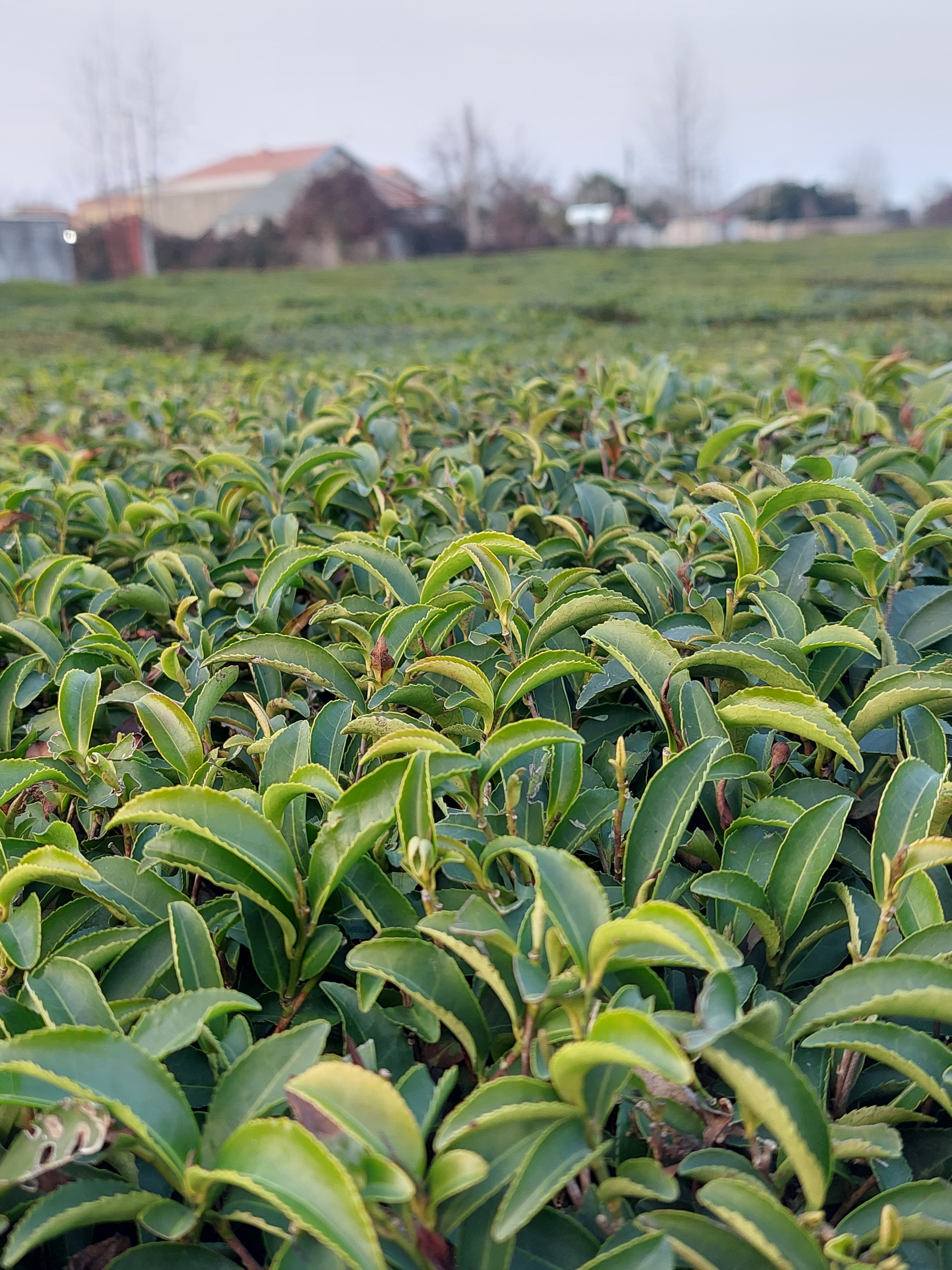Categories
The latest content
-

Customs Clearance & Import Regulations for Bulk Iranian Pinto Beans in EU, Middle East & Africa
..
-

Quality Control & Laboratory Testing Standards for Iranian Pinto Beans
..
-

Logistics & Shipping Solutions for Bulk Iranian Pinto Bean Exports
..
-

Minimum Order Quantity (MOQ) & Bulk Pricing for Iranian Pinto Bean Buyers
..

Tags
Iranian Tea: Exploring Major Export Destinations in the Middle East

Iranian tea, revered for its rich flavor and high quality, has made a significant impact in the global tea market, particularly within the Middle East. As one of the region’s leading producers of tea, Iran has cultivated a reputation for excellence, exporting its products to several key destinations. In this post, we delve into the main export destinations for Iranian tea in the Middle East, highlighting the preferences and trends that characterize these markets.
1. Iraq
Iraq is one of the largest importers of Iranian tea, driven by cultural affinities and consumer preferences for Iranian products. The warm hospitality tradition in Iraq often includes the serving of tea, making it a staple in households and gatherings. Various Iranian tea brands, especially black tea, are popular in the Iraqi market, appreciated for their flavor and quality.
2. United Arab Emirates (UAE)
The UAE serves as a significant hub for Iranian tea exports, thanks in part to its diverse population and thriving food and beverage scene. The preference for high-quality teas among the Emirati population and expatriates has created a strong market for Iranian teas. Popular varieties include black tea and flavored teas, which are often consumed in cafés and restaurants throughout cities like Dubai and Abu Dhabi.
3. Kuwait
Kuwait is another vital market for Iranian tea, where traditional tea-drinking habits foster a high demand for quality products. Iranian tea is often enjoyed in social settings and is a popular choice in homes, restaurants, and specialty shops. The combination of rich flavors and aromas makes Iranian tea a favorite among Kuwaiti consumers.
4. Qatar
In Qatar, the love for tea is deeply rooted in the culture, and Iranian tea has carved out a reputable niche. The Qatari market appreciates the quality and unique taste of Iranian teas, often serving them during social gatherings and celebrations. Additionally, the growing café culture in urban areas contributes to the increasing consumption of Iranian tea varieties.
5. Oman
Oman’s tea market has also seen a rise in demand for Iranian tea, largely influenced by the country’s appreciation for different tea cultures. Traditional Omani hospitality incorporates tea into many aspects of life, with Iranian varieties often featured in both casual and formal occasions. The aromatic flavors of Iranian black tea resonate well with Omani consumers, fostering strong bilateral trade relations.
6. Bahrain
Bahrain has shown a consistent demand for Iranian tea, reflecting the nation’s diverse cultural influences. Iranian tea is a common offering at gatherings, and its export to Bahrain maintains a steady presence in supermarkets and specialty shops. The cultural significance of tea drinking in Bahrain parallels that of Iran, promoting an enduring connection between the two nations.
Conclusion
Iranian tea continues to thrive in the Middle East, with key destinations such as Iraq, the UAE, Kuwait, Qatar, Oman, and Bahrain recognizing its quality and cultural significance. This growing market not only underlines the importance of Iranian tea but also enhances cultural ties across the region. At Tamila Agrifood Company, we are proud to bring you the finest selection of Iranian tea, connecting you with the rich traditions and flavors that define this cherished beverage.
We invite you to explore our premium Iranian teas and discover the unique stories behind each blend, making every sip a celebration of culture and craftsmanship.



